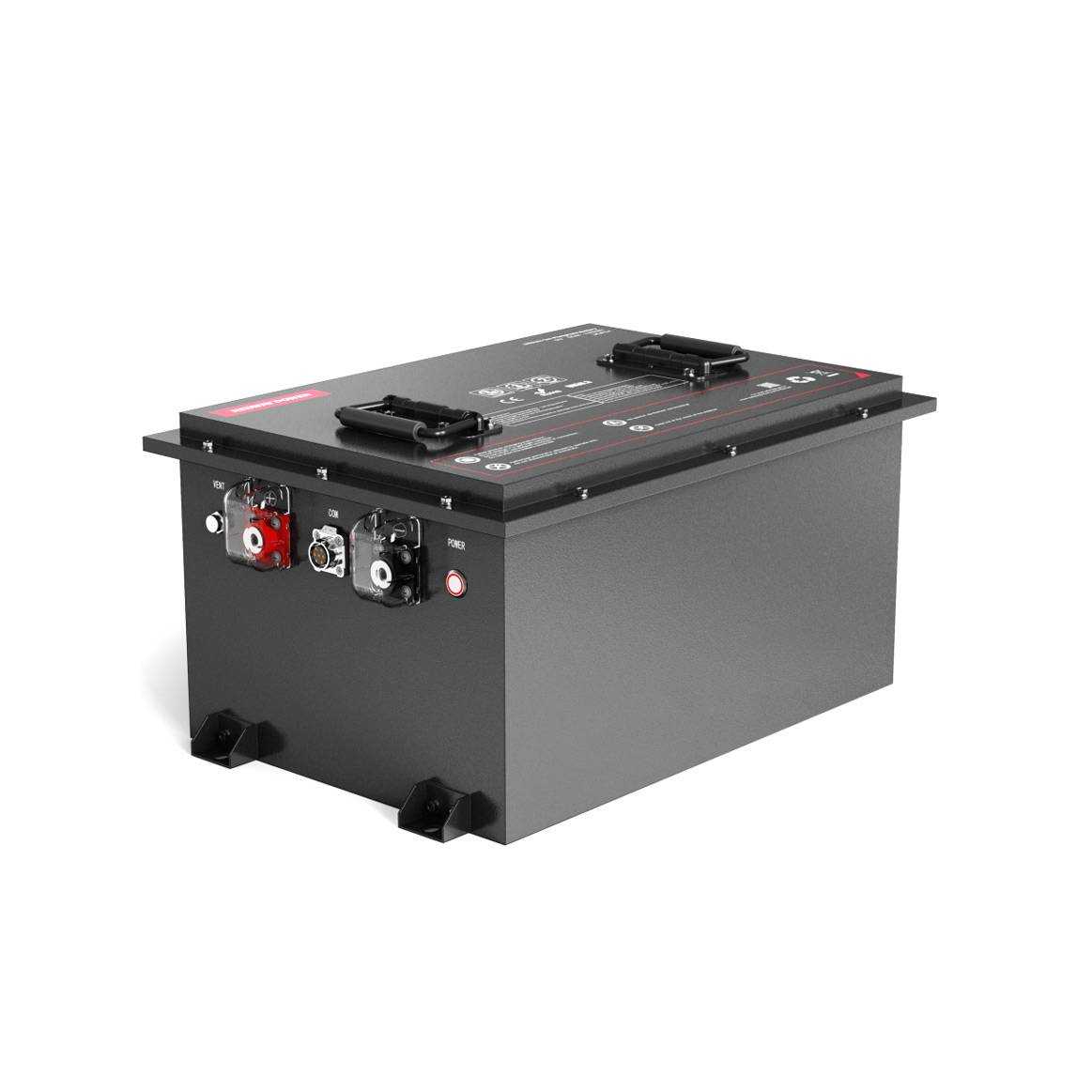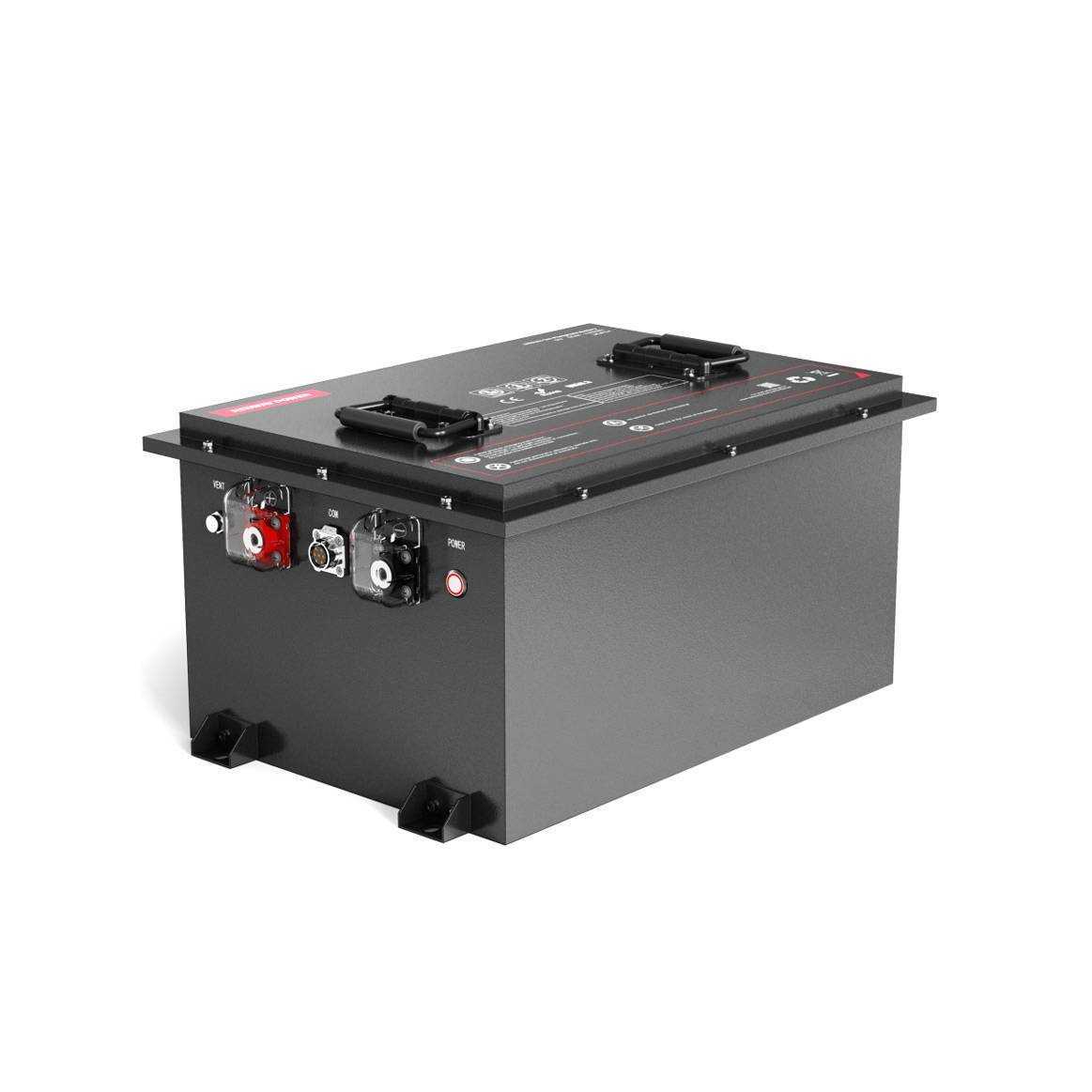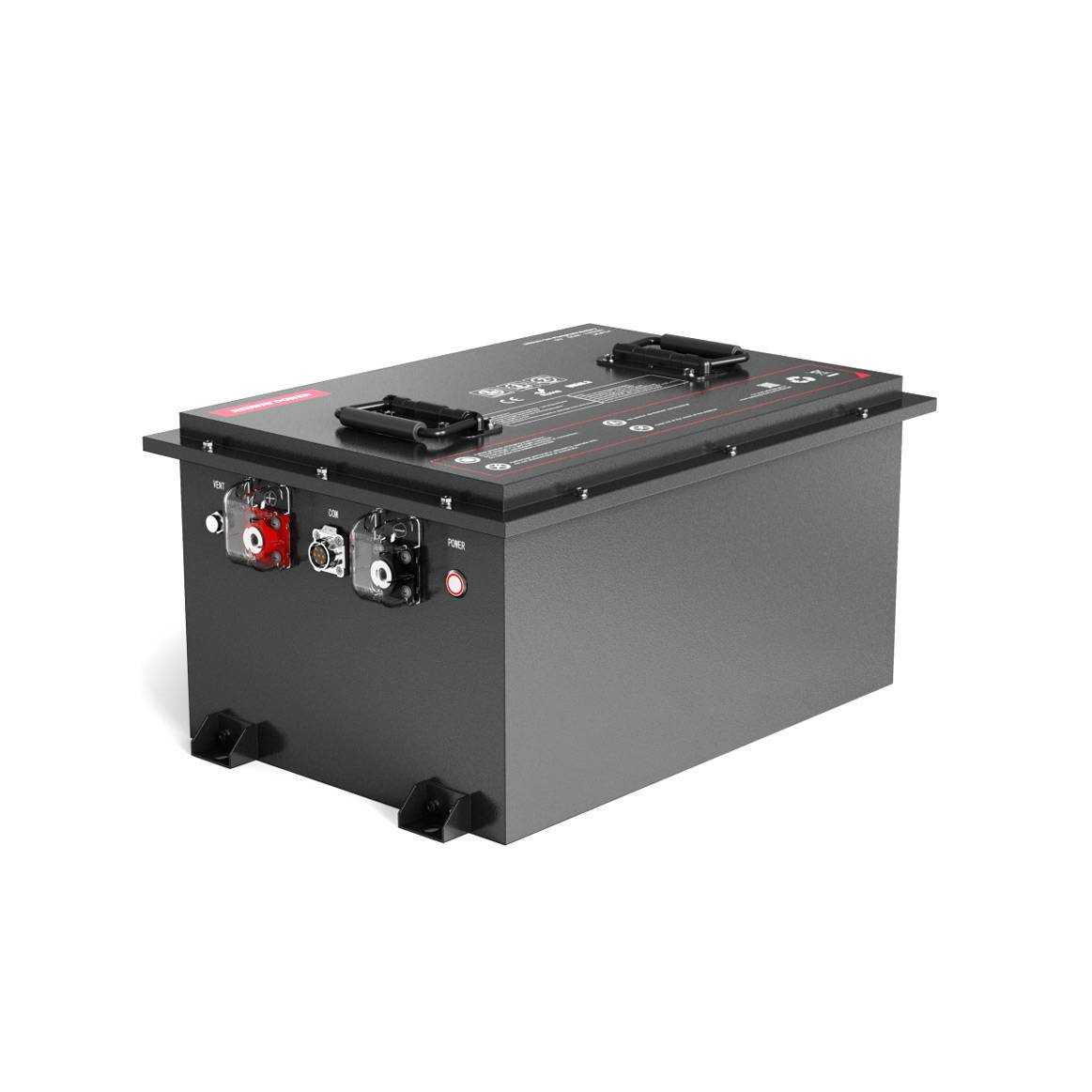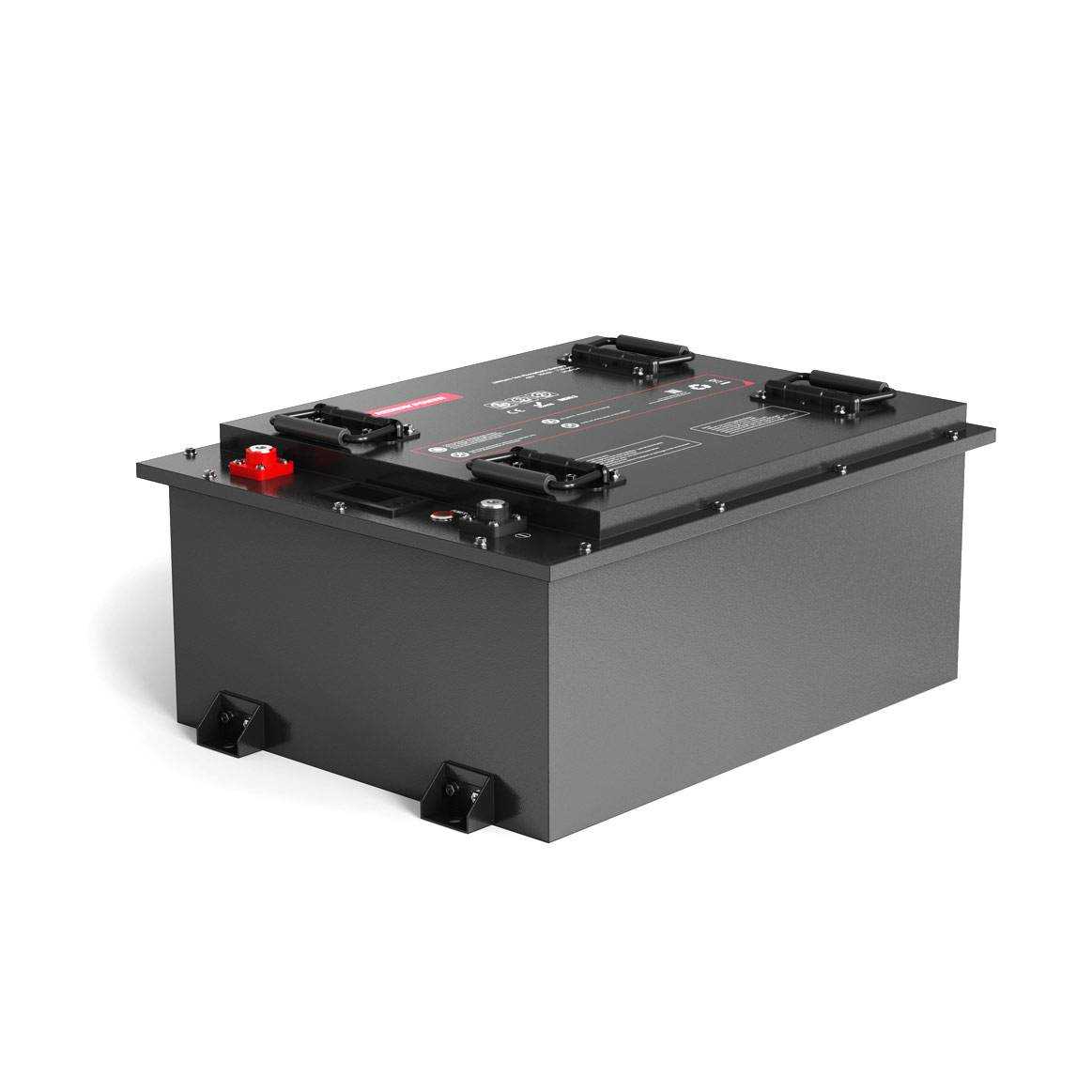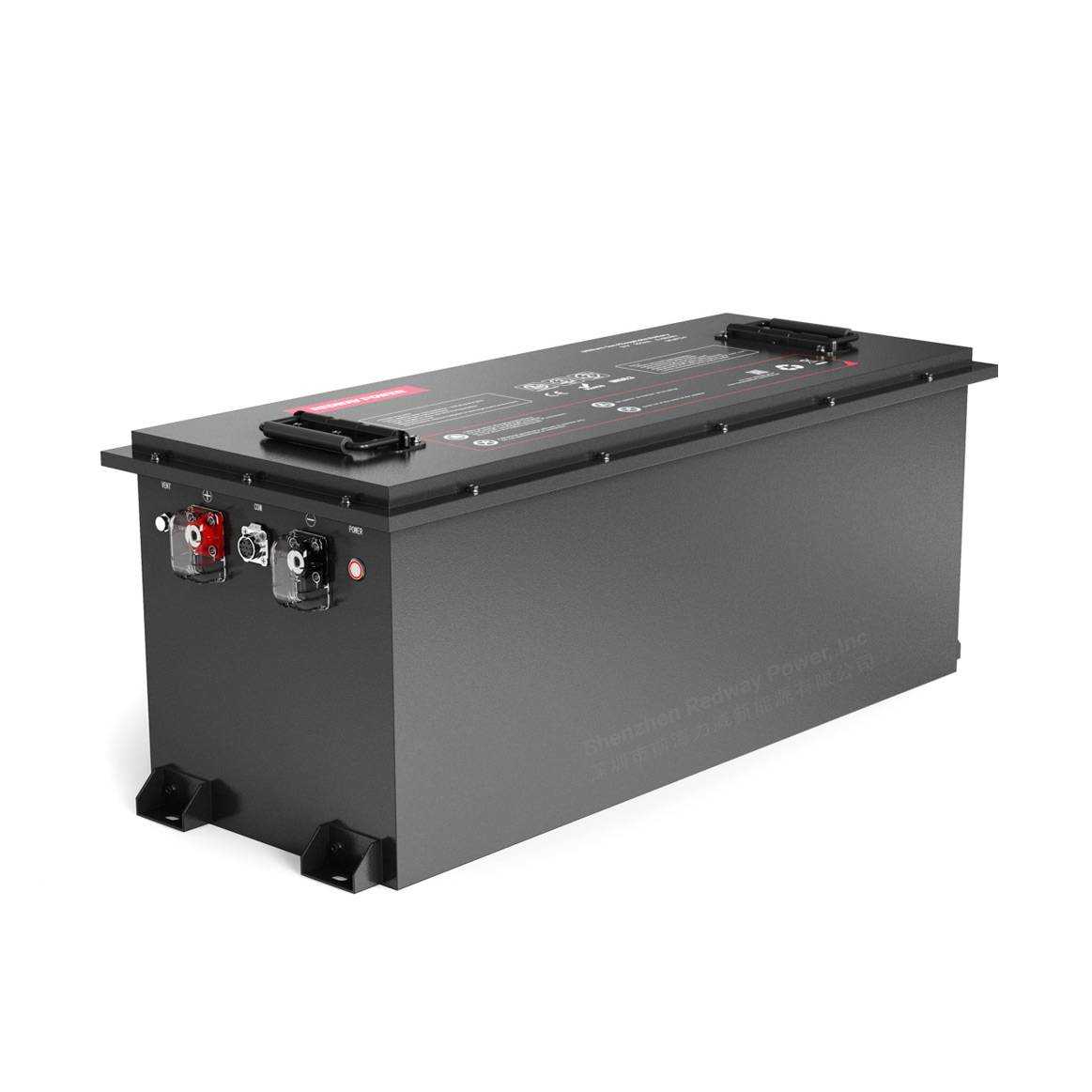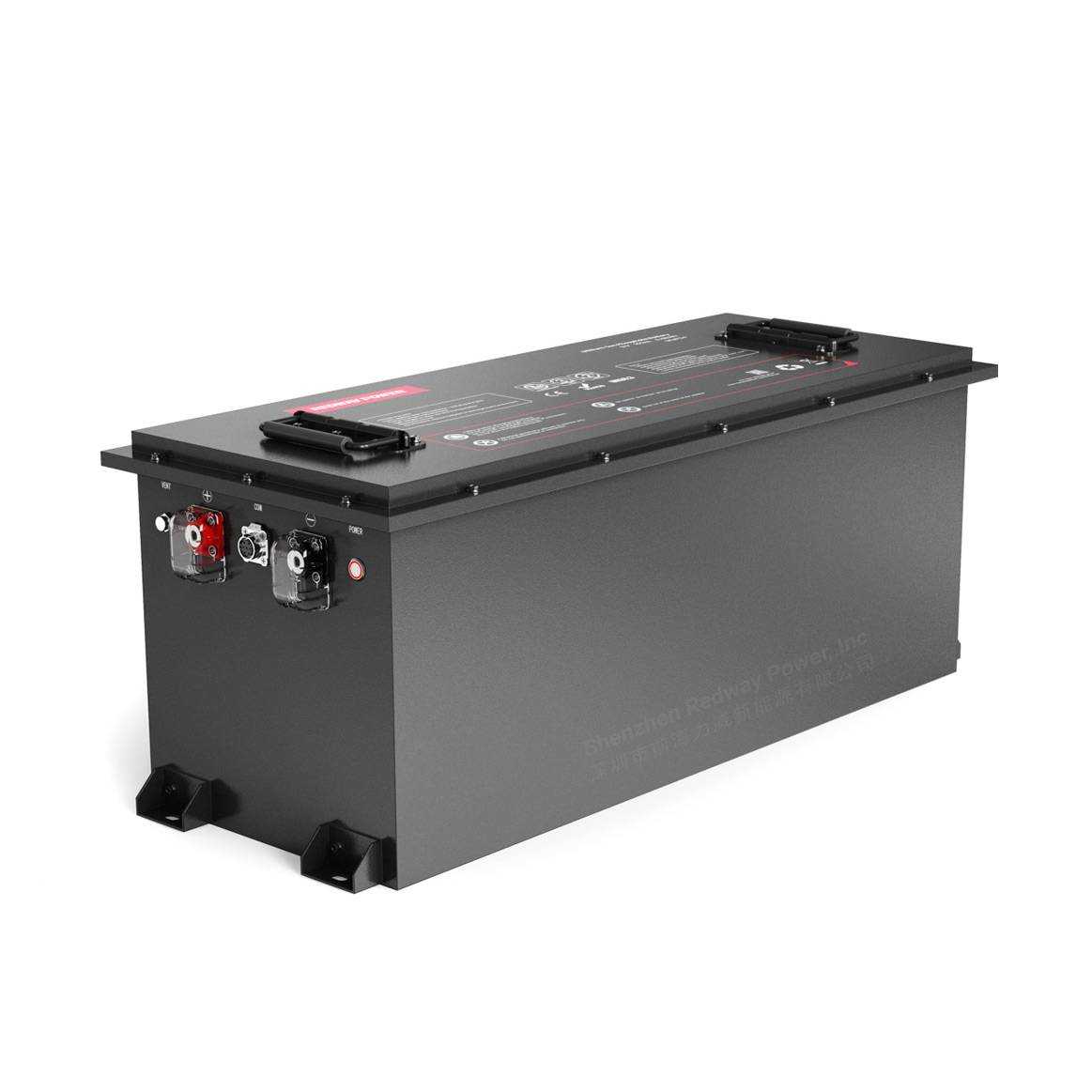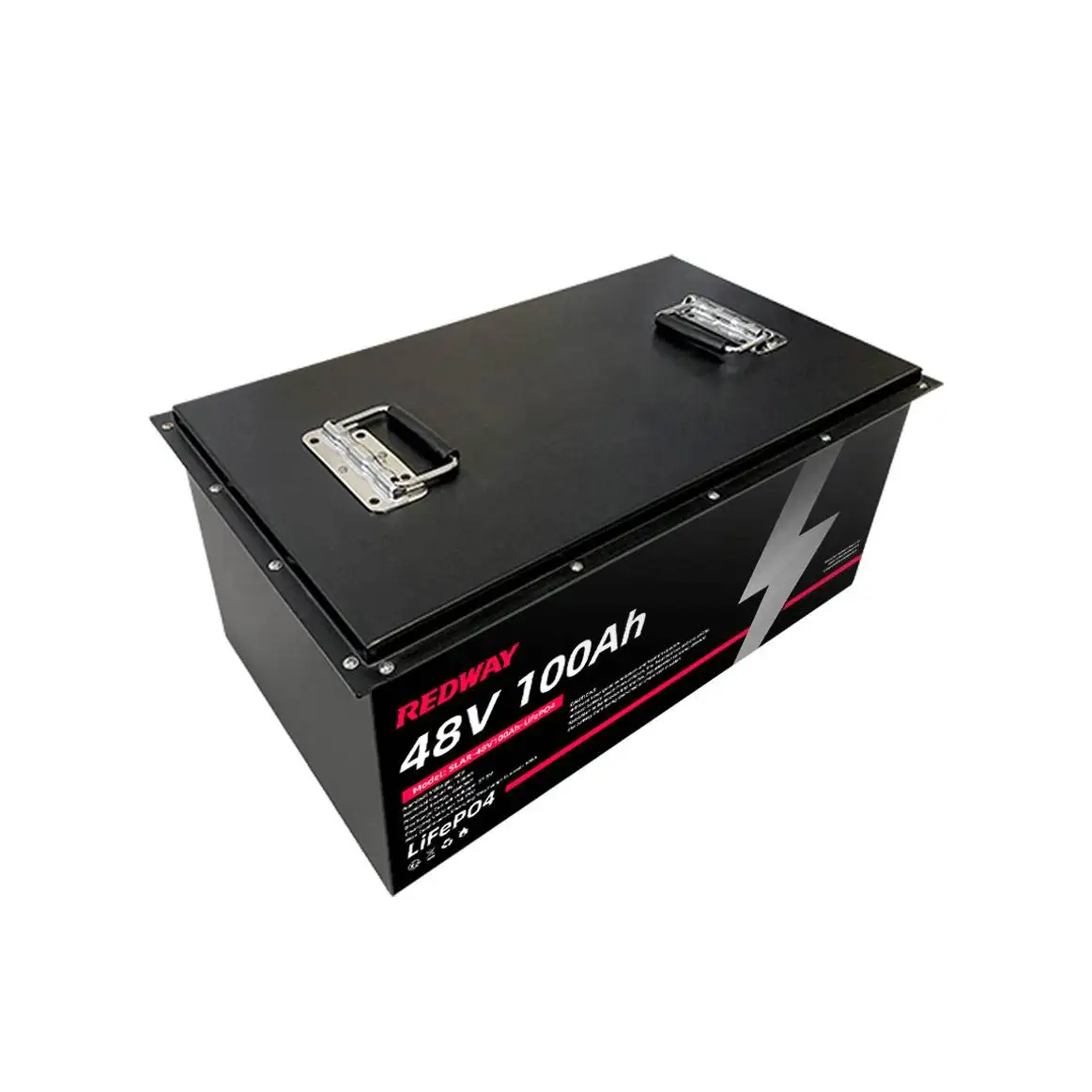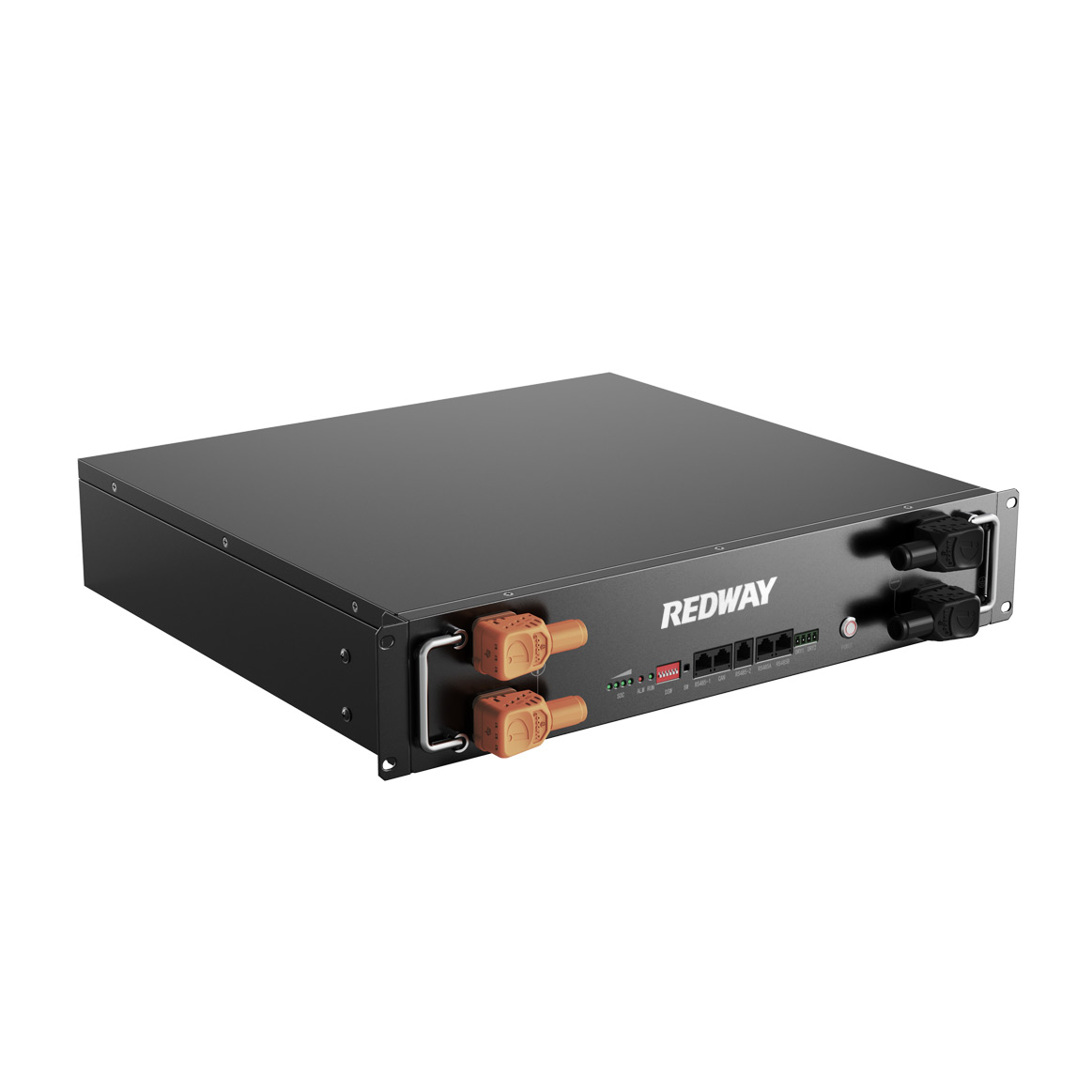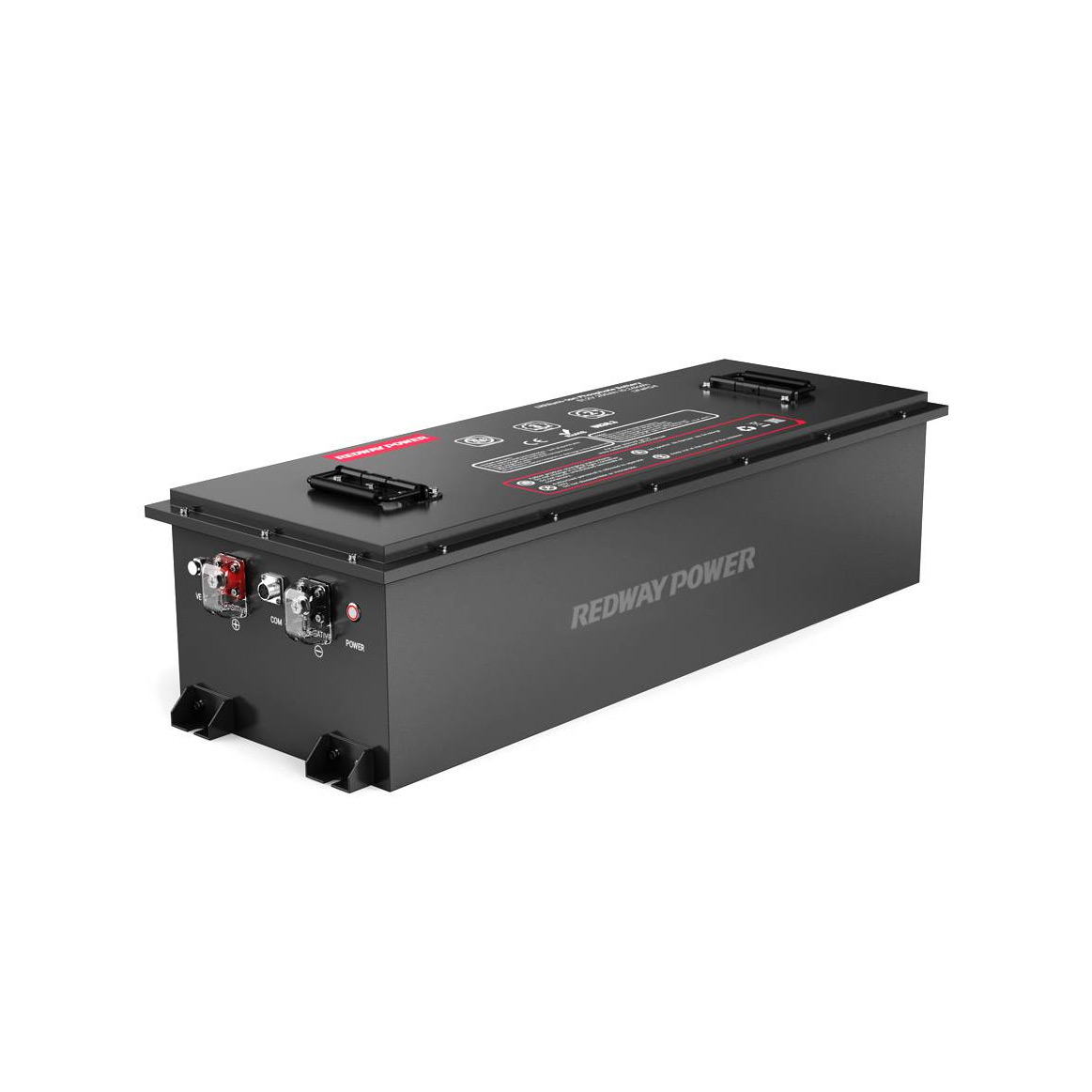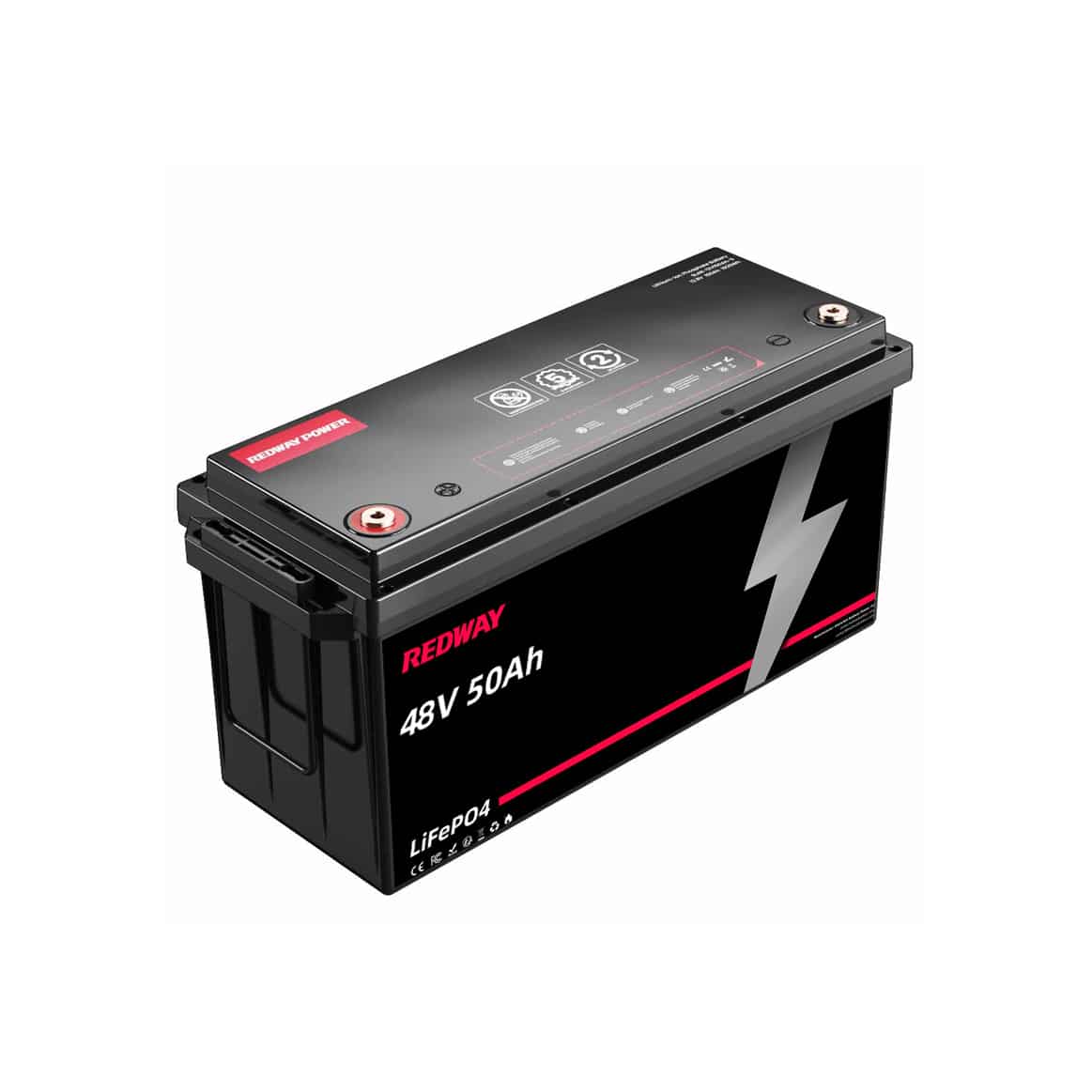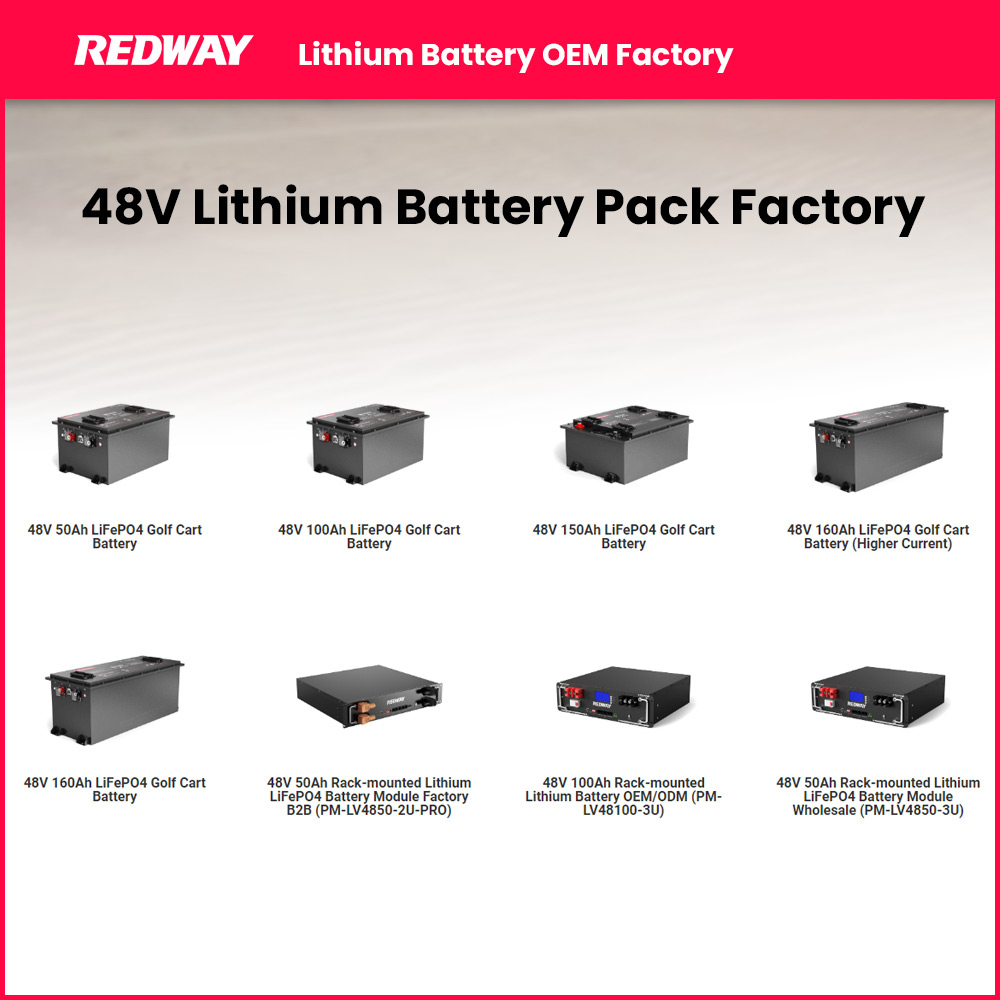Product Cateogries
48v Lithium Battery Pack Factory
Offering product sourcing and consolidation services, we cater to diverse needs with products like China Lithium Golf Cart for Sale, Wholesale 300 Amp Hour Lithium Battery, Alibaba Lifepo4 Company, Lifepo4 Lithium Iron Phosphate Battery Factory, and 24v Lithium Battery Exporter. Our final goal is to try the best and be the best, and we welcome inquiries for a comprehensive understanding of our offerings. Our sturdy models and effective promotion strategies have made us popular globally, and we believe in sharing the best trading experience with all our merchants.
🔥 Big Deals 🔥
Factory Wholesale
from China OEM Manufacturer!
Discover the exceptional performance of Redway Battery’s 12/24/36/48/60/72/96V LiFePO4 Batteries! Up to 6000 times deep cycles (DOD 80%). Perfectly suited for various applications, such as Energy storage, RVs, Solar systems, Marine vessels, Yachts, and Emergency power supply needs, our Lithium LiFePO4 Batteries are the reliable choice for all your energy storage requirements. Reach out for a Quick FREE Quote! 👉👉👉
🔥Buy 10 lithium-ion batteries at wholesale prices for the price of 1 or 2 retail batteries.🔥
🔥We proudly do OEM contract manufacturing for many big brands.🔥
What are the advantages of using a 48V lithium battery pack?
48V lithium battery packs provide high energy density, allowing for compact power storage. They have long lifespans (2000-5000 cycles), fast charging capabilities, and low self-discharge rates. Additionally, they are lightweight, environmentally friendly, and equipped with advanced safety features, making them ideal for various applications.
How do I choose a reliable manufacturer or factory for 48V lithium batteries?
To choose a reliable manufacturer, look for strong reputations, relevant safety certifications (e.g., IEC62619, ROHS), and positive reviews. Ensure they offer warranties and customization options. Established brands like SAKO Power, Redway Battery, and Battle Born Batteries are known for quality.
What are the key specifications of a typical 48V lithium battery pack?
A typical 48V lithium battery pack has a nominal voltage of 48V, capacities ranging from 50Ah to 200Ah, weighs 50-150 lbs (22-68 kg), and measures approximately 600mm x 400mm x 200mm. It supports continuous discharge currents up to 100A, depending on the model.
What applications are best suited for 48V lithium battery packs?
48V lithium battery packs are ideal for solar energy storage systems, electric vehicles, backup power solutions, and off-grid living. Their high capacity and efficiency make them suitable for both residential and commercial use.
Can I customize my order of 48V lithium battery packs?
Yes, many manufacturers offer customization for 48V lithium battery packs. You can tailor specifications such as capacity, terminal types, and additional features to meet your specific needs.
How do I ensure quality when purchasing from a manufacturer or factory?
To ensure quality, choose reputable manufacturers with positive reviews. Request product certifications, inquire about warranty policies, and consider obtaining samples for testing before larger orders.
What are the typical costs associated with 48V lithium battery packs?
Typical costs for 48V lithium battery packs range from $1,500 to $3,500, depending on capacity and features like built-in Battery Management Systems (BMS). Prices may vary based on the manufacturer.
How long does it take to receive an order from a manufacturer or factory?
Shipping times for 48V lithium battery packs typically range from 2 to 6 weeks, depending on the manufacturer’s location and order size. Confirm delivery timelines with the supplier when placing an order.
What safety certifications should I look for in a 48V lithium battery pack?
Ensure the 48V lithium battery pack has safety certifications such as IEC62619, ROHS, CE-EMC, and UN38.3. These certifications confirm compliance with international safety standards and ensure reliable performance.
What are the future trends in lithium battery technology?
Future trends in lithium battery technology include advancements in energy density, faster charging capabilities, improved safety features, and reduced costs. Innovations in recycling methods and sustainable materials will drive wider adoption in renewable energy storage and electric vehicles.

